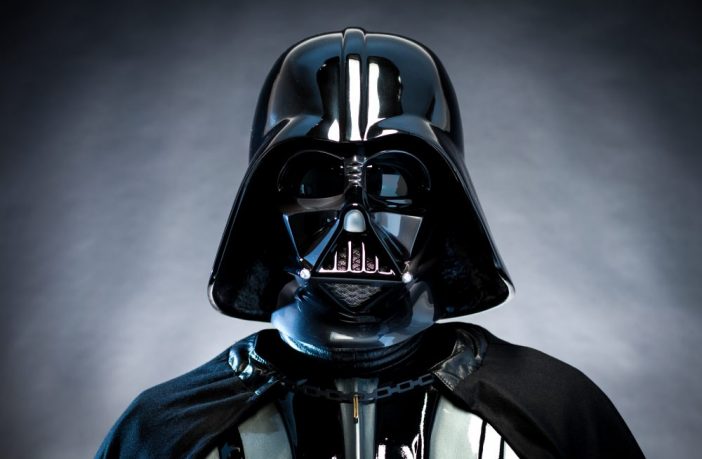Whether it’s the haunting theme from Schindler’s List or the magical motif from Harry Potter, there’s no doubt that film scores are hugely evocative and an integral part of the cinema experience.
Dr Ben Winters is a Senior Lecturer in Music, an expert in Hollywood film music, and can often be found digging through manuscripts and studio contracts at the Warner Bros. archives. He has written course material for part of the OU’s new honours degree in music, which includes several units on film soundtracks.
We asked Dr Winters to talk us through his top five orchestral film scores of all time, and here’s what he picked out:
Alexander Nevsky (1938; music by Serge Prokofiev)
“A classic composer (Prokofiev) and director (Eisenstein) combination in which one can hear and feel the cold of the Russian winter. Prokofiev experimented with microphone placement and the music for the helmeted Teutonic knights is an assault on the ears. The long build-up to the attack with its menacing brass snarls is particularly effective, as is the lament after the battle.”
The Best Years of Our Lives (1946; music by Hugo Friedhofer)
“A film that owes much of its emotional punch to Hugo Friedhofer’s powerful score. Director William Wyler had initially wanted Aaron Copland to write the music, and Friedhofer’s score nods to Copland’s brand of Americana in underscoring this tale of returning servicemen after World War II. The reunion scenes and Fred Derry’s traumatic dream scene are especially compelling.”
Vertigo (1958; music by Bernard Herrmann)
“Quintessential Hitchcock and Herrmann. The eerie obsessiveness of Scotty’s following of Madeleine is paralleled by Herrmann’s use of the Habanera (a Spanish dance) while the climax—underscored by Herrmann’s Wagner-inspired love theme—sees the apparently dead Madeleine resurrected and bathed in a greenish glow. It is one of cinema’s standout moments.”
The Empire Strikes Back (1980; music by John Williams)
“Perhaps Williams’ most thematically dense and emotionally complex Star Wars score to date. It introduced the now ubiquitous Imperial March (which replaced Darth Vader’s previous musical theme in the 1977 Star Wars) and in scoring the vast majority of the film’s run time it approaches the scope of scores by Williams’s illustrious predecessor, Erich Korngold. The Hoth ice battle and the film’s ending are particularly impressive musical moments.”
Predator (1987; music by Alan Silvestri)
“An unusual choice, perhaps, but a particularly fine action film score that combines orchestral and synthesized elements. Simple tension-building repetitions and rhythmically complex short motifs are used alongside sophisticated orchestral textures to create a convincing and atmospheric soundworld for this sci-fi thriller.”
Find out more
Explore free resources and materials about music on OpenLearn.
Study music with The Open University.
Find out about the Music Department at The Open University.
Watch this short video to find out more about Dr Winters’ research:



